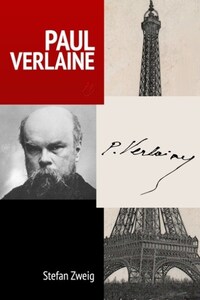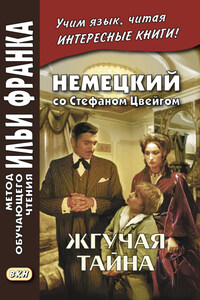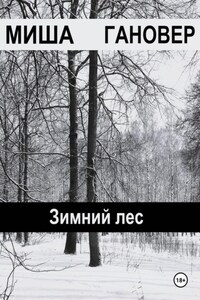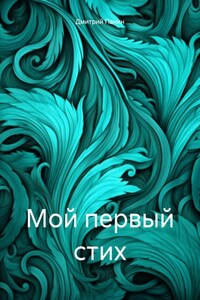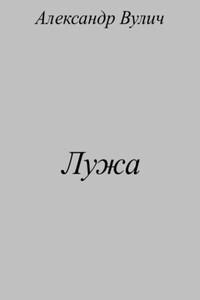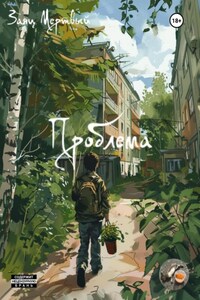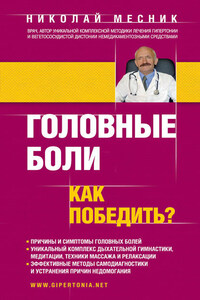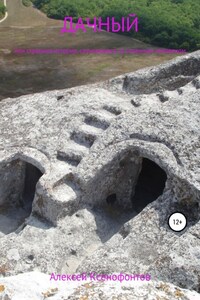The works of great artists are silent books of eternal truths. And thus it is indelibly written in the face of Balzac, as Rodin has graven it, that the beauty of the creative gesture is wild, unwilling and painful. He has shown that great creative gifts do not mean fulness and giving out of abundance. On the contrary the expression is that of one who seeks help and strives to emancipate himself. A child when afraid thrusts out his arms, and those that are falling hold out the hand to passers-by for aid; similarly, creative artists project their sorrows and joys and all their sudden pain which is greater than their own strength. They hold them out like a net with which to ensnare, like a rope by which to escape. Like beggars on the street weighed down with misery and want, they give their words to passers-by. Each syllable gives relief because they thus project their own life into that of strangers. Their fortune and misfortune, their rejoicing and complaint, too heavy for them, are sown in the destiny of others – man and woman. The fertilizing germ is planted at this moment which is simultaneously painful and happy, and they rejoice. But the origin of this impulse, as of all others, lies in need, sweet, tormenting need, over-ripe painful force.
No poet of recent years has possessed this need of expressing his life to others, more imperatively, pitifully, or tragically than Paul Verlaine, because no other poet was so weak to the press of destiny. All his creative virtue is reversed strength; it is weakness. Since he could not subdue, the plaint alone remained to him; since he could not mould circumstances, they glimmer in naked, untamed, humanly-divine beauty through his work. Thus he has achieved a primæval lyricism – pure humanity, simple complaint, humbleness, infantile lisping, wrath and reproach; primitive sounds in sublime form, like the sobbing wail of a beaten child, the uneasy cry of those who are lost, the plaintive call of the solitary bird which is thrown out into the dusk of evening.
Other poets have had a wider range. There have been the criers who with a clarion horn call together the wanderers on all the highways, the magicians who weave notes like the rustling of leaves, the soughing of winds and the bubbling of water, and the masters who embrace all the wisdom of life in dark sayings. He possessed nothing but the sign-manual of the weak who have need of another, the gestures of a beggar. But in all their accents and nuances, in him, these became wonderful. In him were the low grumbling of the weak man, sometimes closely akin to the sorrowful mumbling of the drunkard, the tender flute notes of vague and melancholic yearning, as well as the hard accusing hammering against his own heart. There were in him the flagellant strokes of the penitent as well as the intimate prayers of thanksgiving which poor women murmur on church steps. Other poets have been so interwoven with the universal that it is impossible to distinguish whether really great storms trembled in their breasts, whether the sea rolled within them, or again, whether it was not their words, which made the meadows shudder, and which, as a breeze, went tenderly over the fields. They were the vivifying poets, the synthesizers – divinities by the marvel of creation, and its priests.
Verlaine was always only a human being, a weak human being, who did not even know how “to count the transgressions of his own heart.” It was this very lack of individuality, however, which produced something much rarer – the purely and entirely human. Verlaine was soft clay without the power of producing impresses and without resistance. Thus every line of life crossing his destiny has left a pure relief, a clear and faithful reproduction, even to the fragrance-like sorrows of lonely seconds which in others fade away or thicken into dull grief. The tangled forces which tempestuously shook his life and tore it to tatters crystallized in his work and were distilled into essences.
This, together with the fact that he has enriched and furthered literary development by his poetry, is the highest and noblest meed of praise that can be given to a poet. Yet such an estimate seems too low to many of his followers, especially the more recent French literati who celebrate in Verlaine the unconscious inventor of a new art of poetry and the initiator of new lyric epochs, unknowing of the folly of their proceeding. Verlaine, the literary man, was a sad caricature distorted by ribald noise and Quartier-Latin cafés. Even as such he indignantly denied this intention. The greatness and power of his lyricism takes its root in eternity, in the wonderful sincerity of its ever human and unalterable emotional content, and above all in the unconsciousness of its genesis.
Intellectuals alone create “tendencies.” Verlaine was as little one of these as he was on the other hand the bon enfant, the innocently stumbling child into whose open and playful hand verses fell like cherry blossoms or fluttering leaves. He was a lyric poet. Lyricism is thinking without logic (although not contrary to logic), association not according to the laws of thought but according to intuition, the whispering words of vague emotions, hidden correspondences, darkly murmuring subterranean streams. Lyricism again is thought without consequence, instinct and presentiment, leaping quickly in lawless synthesis; it is union but not a chain formed of individual links, it is melody but not scales. In this sense he was an unconscious creator who heard great accords.
